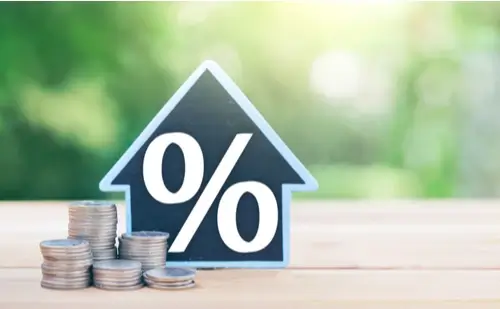
During the home buying process, you will encounter many unfamiliar terms, some of which may seem like the same thing. One such pair might be “sales price” and “appraised value.” They both refer to how much the house is worth, right? Actually, there is a difference between these words and it is important to understand what they each mean.
Sales Price
The sales price is the exact amount you pay for the home. This could be the list price, but it could be lower or higher depending on the market conditions and your agent’s negotiating skills. In a seller’s market, you are likely to pay more than the asking price because of stiff competition and bidding wars. However, in a slower market you might be able to talk the seller down to a lower price if they are motivated to sell. If you go under contract and the inspections turn up major damage or problems, you might also be able to have the seller knock off the price to compensate for needed repairs.
Appraised Value
The appraised value is decided by a licensed home appraiser. This professional will come to the house, and evaluate the location, home’s condition, features, any improvements that have been made, and will factor all those things into account along with the general market trends.
When the Difference Matters
While the sales price is essentially a measure of how much buyers are willing to pay for the property, the appraised value is supposed to be a gauge of the “true value” of the home. One is all about supply and demand while the other is about the fundamentals of the house. Where this difference could matter in your home buying experience is that if the appraised value ends up coming in lower than the amount you agreed to pay the seller, paying for the discrepancy will be your responsibility, not the lender’s.
For example, let’s say you have been pre-approved by your lender for a mortgage of up to $400,000. You find a property you want, and you win it with a bid of $500,000. You plan to contribute $100,000 of your own money as a down payment, so the bank should be able to cover the remaining $400,000, right? Yes, unless the appraised value comes in lower than your offer to the seller. Because of the neighborhood or the condition, say the appraiser determines the house is only really worth $460,000. So now you need to be able to pay for the difference on your own as well. Subtracting the appraisal value from the offered price ($500,000 - $460,000) leaves you with $160,000 to contribute instead of just your original $100,000 down payment. If you are unable to do this, the deal will likely fall through and you’d lose out on that sale.
However, in certain cases, the appraised value comes in higher than your buying bid. This does not affect your mortgage financing, but it is great news for you. It means that as soon as you close on the house, you will instantly have more equity in the property than you put into it.
Strategies to Avoid Financing Trouble
If you are buying in a hot market, you may need to stay away from properties that are at the very top of your budget. Otherwise, you could easily over run your loan limit if the appraised value is lower than the sales price.
In a seller’s market it can be easy to be outbid, though. So, you could also look to friends and family or non-profit organizations for down payment gift money to help stretch your budget.

